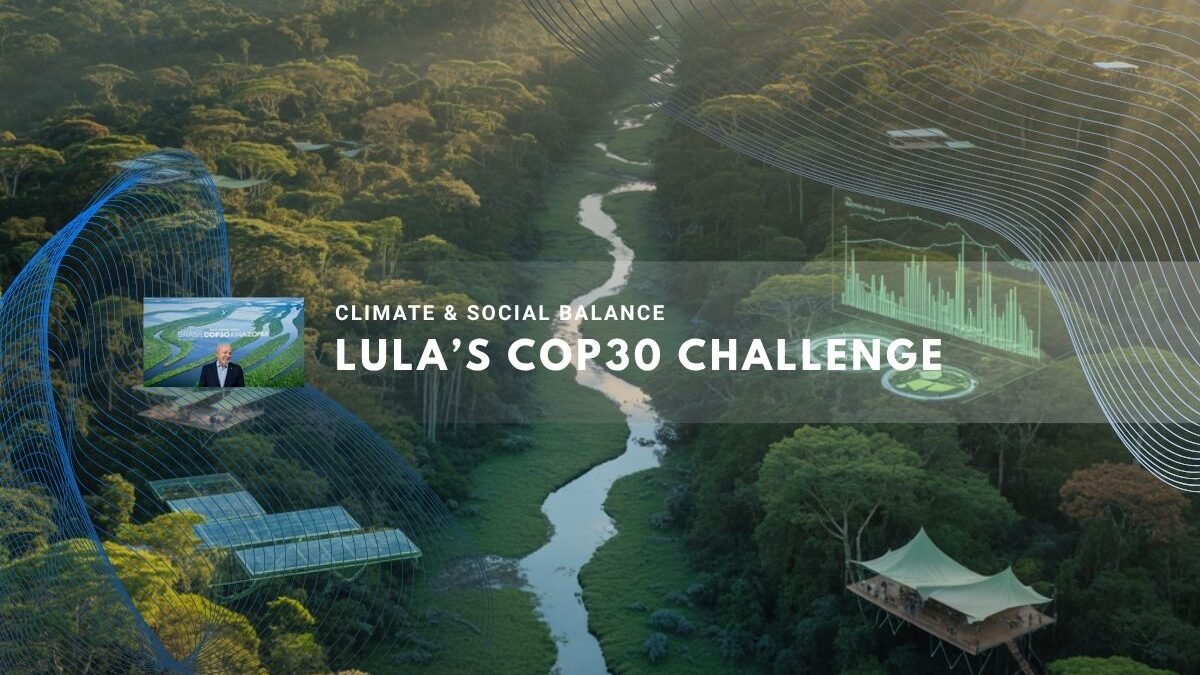Brazil reduces Amazon deforestation by approximately 50% over the past three years, according to the Brazilian Space Agency (INPE) and national environmental agencies. This reduces Amazon emissions by 16.7% and strengthens climate efforts. Brazil also launches TFFF, the Tropical Forest Forever Facility, to mobilize $125 billion for forest protection. The Brazil Amazon deforestation reduction demonstrates progress in sustainable policies while promoting transparency, international cooperation, and long-term environmental stewardship.[10][11]
Launch of the Tropical Forest Forever Facility
At COP30, Brazil and its international partners launched the Tropical Forest Forever Facility (TFFF), which aims to mobilize $125 billion to safeguard tropical forests. Over $5.5 billion has already been pledged by more than 50 countries, including major contributions by Norway ($3 billion), Brazil, and Indonesia. The facility is designed to leverage public funds to attract private investment, promising long-term support for forest conservation.[12][13][10]
Implementation Challenges and Future Transparency
While the TFFF’s framework is clear, specific operational details are still under development. The World Bank has been designated as the trustee and interim implementing agency, with formal governance still being finalized. Transparency reports and operational milestones are expected in the coming months to ensure stakeholder confidence.[10][12]
Internal Political and Social Challenges
Despite early successes, Lula’s government faces internal opposition from agribusiness and extractivist sectors supporting oil exploration, infrastructure expansion, and land privatization. Indigenous organizations have raised concerns regarding illegal mining, river contamination, and the potential privatization of vital waterways, demanding inclusion in decision-making processes.[14][15][16]
Addressing Social and Climate Crisis Impacts
Lula emphasizes social improvements such as healthcare, education, and housing; however, climate-induced challenges—droughts, river drying, and fish kills—are worsening local vulnerabilities. Environment Minister Marina Silva underlines the importance of linking forest protection policies with reductions in global fossil fuel emissions.[17][14][10]
The COP30 summit and the TFFF mark a pioneering step toward sustainable financial models for forest conservation. Continued transparency, inclusive governance, and international cooperation will be vital to realize their full potential and build long-lasting trust among stakeholders.
